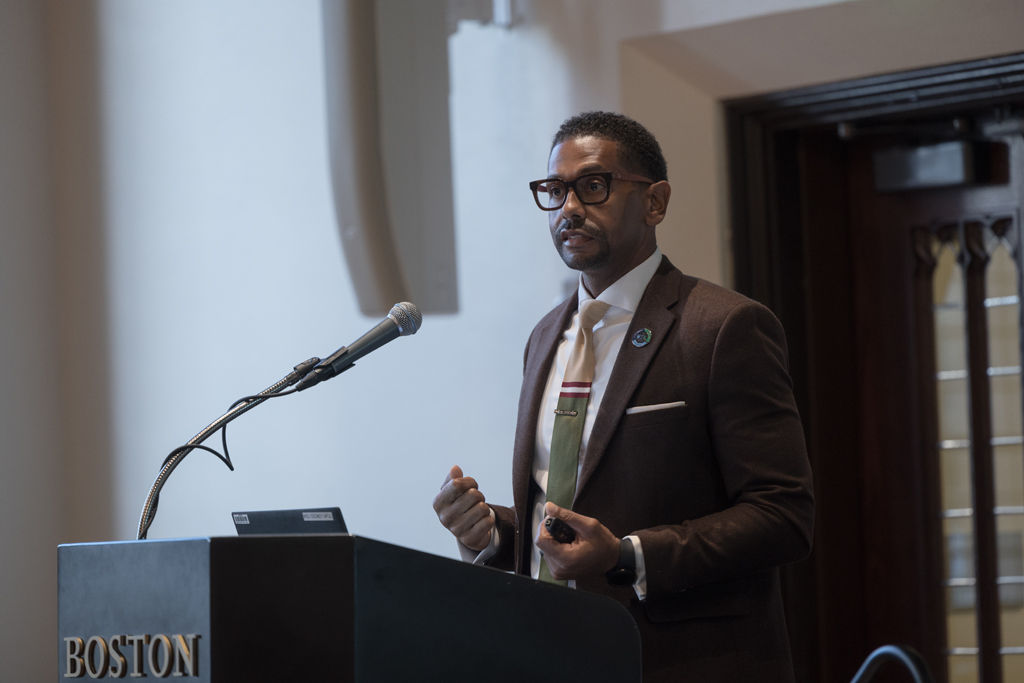Gentrification Is Not Displacement
Logan Herring is the CEO of The WRK Group—an organization that creates diverse and vital communities, particularly in urban areas. His work includes creating communities with high-quality mixed-income housing, excellent schools, and inclusive spaces that nurture and enrich residents' physical and mental health. An imperative part of his role is working with stakeholders and recognizing people's interests. As a native of Wilmington, Delaware, much of his work is giving back to the community he grew up in.
Herring's career began in 2006 at Delaware Elite—a student-athlete mentoring program. The mentors offered support with academics, life skills, and etiquette classes. However, when a student's mother passed away because of a home invasion, Herring realized there were no partnerships, collaborations, or resources to help this student. As a result, the student left Wilmington for better opportunities, but Herring felt that shouldn't have been the case.
Which led to his work with The WRK Group. Herring wanted to multiply resources to have a more significant impact on the community. He said that it's essential to think about what's best for the community he works in, which is the motive for his decisions and actions. According to Herring, work can't be done without the community at the decision table.
For example, a program that Herring runs is called RISE (Reaching and Investing in Youth for Sustainable Employment)—it's their workforce training program, providing students in the community with credentials to work specific jobs they are certified in. Another program is EMPOWER (Economic Mobility Places Ownership Within Everyone's Reach). It supports families' journeys to self-sufficiency, especially working to support their journey to increase their income. The program has case managers who help them to do so. These are two of many great examples that illustrate Herring's work. He's genuinely giving back to the Wilmington community in a way that people don't need to leave to seek better opportunities.
Interestingly enough, what Herring is doing in these communities is gentrifying them. However, Herring said that in its traditional definition, gentrification is "moving a low-income neighborhood to a high-income neighborhood that typically involves displacement." However, "our project does not involve displacement." He shared the example of the project he's working on, Imani Village, built on vacant land in the existing community. He said that displacing people increases the chances of them not coming back, and, with this project, people are moving within their community as new houses are built. Additionally, Herring understands that raising household income directly correlates to other outcomes like academics and health. He solely focuses on the economic impact on the neighborhood and wants to provide an enriching experience for all of them. Herring's work is primarily through a lens of equity, which serves as a motivation to help those in need.
Kevin Lux Ven, Carroll School Undergraduate Program Assistant
Presented with the Corcoran Center for Real Estate and Urban Action




